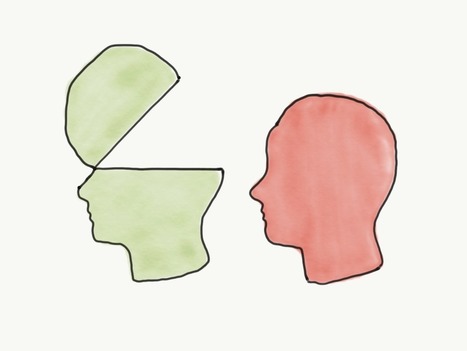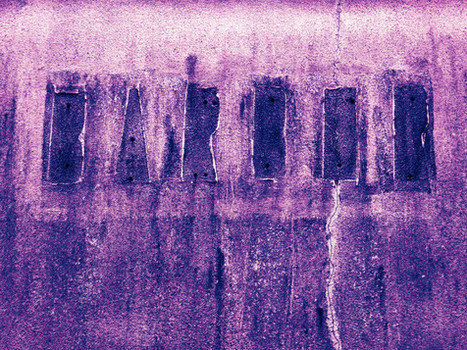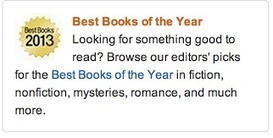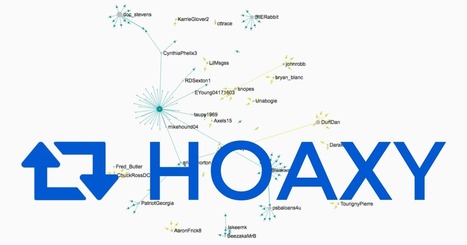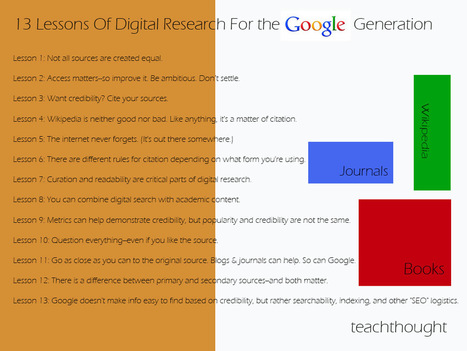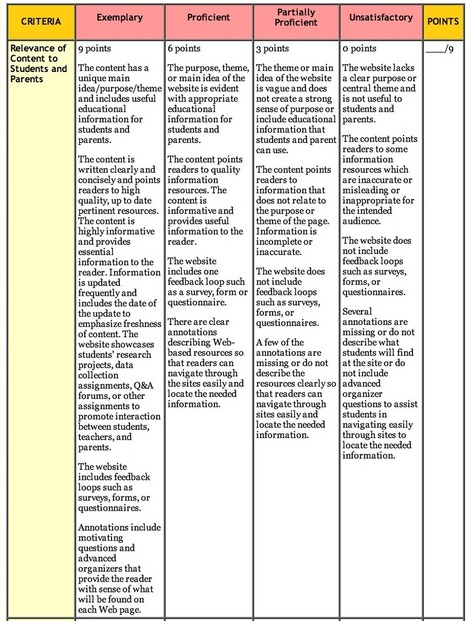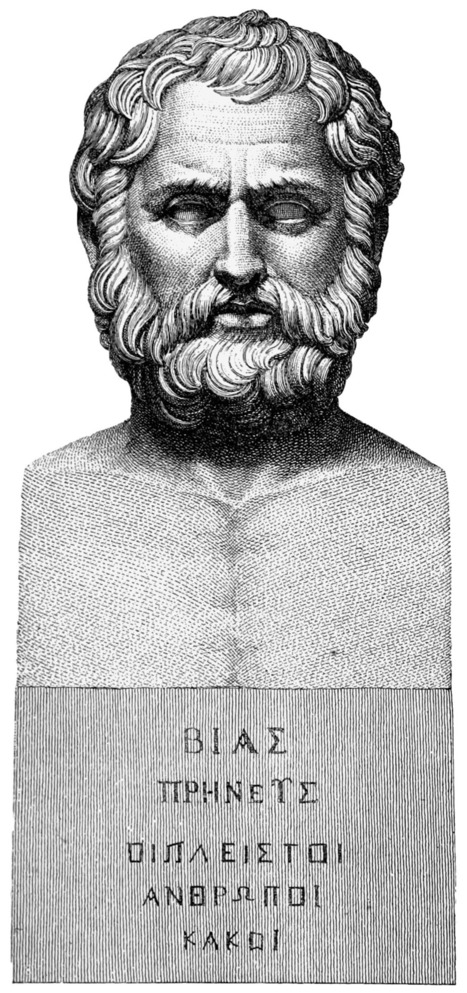Fake news has become today’s political phrase du jour.
According to researchers at Syracuse University and Arizona State University who study this phenomenon, the explosive growth of fake news is “eroding democracy, justice, and public trust” (Zhou, et al. 2019).
The term, a favorite of President Donald Trump, is becoming so popular that often when a person does not agree with or refuses to debate someone else’s claims, fake news is alleged. End of discussion.
Not surprisingly, the term is popping up in classrooms and playgrounds, as children mimic their parents or the politicians they see on television. This is alarming to educators whose goal is to teach children to critically think about the world and weigh evidence before drawing conclusions.



 Your new post is loading...
Your new post is loading...



